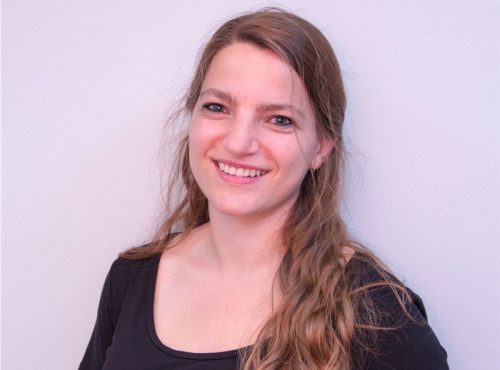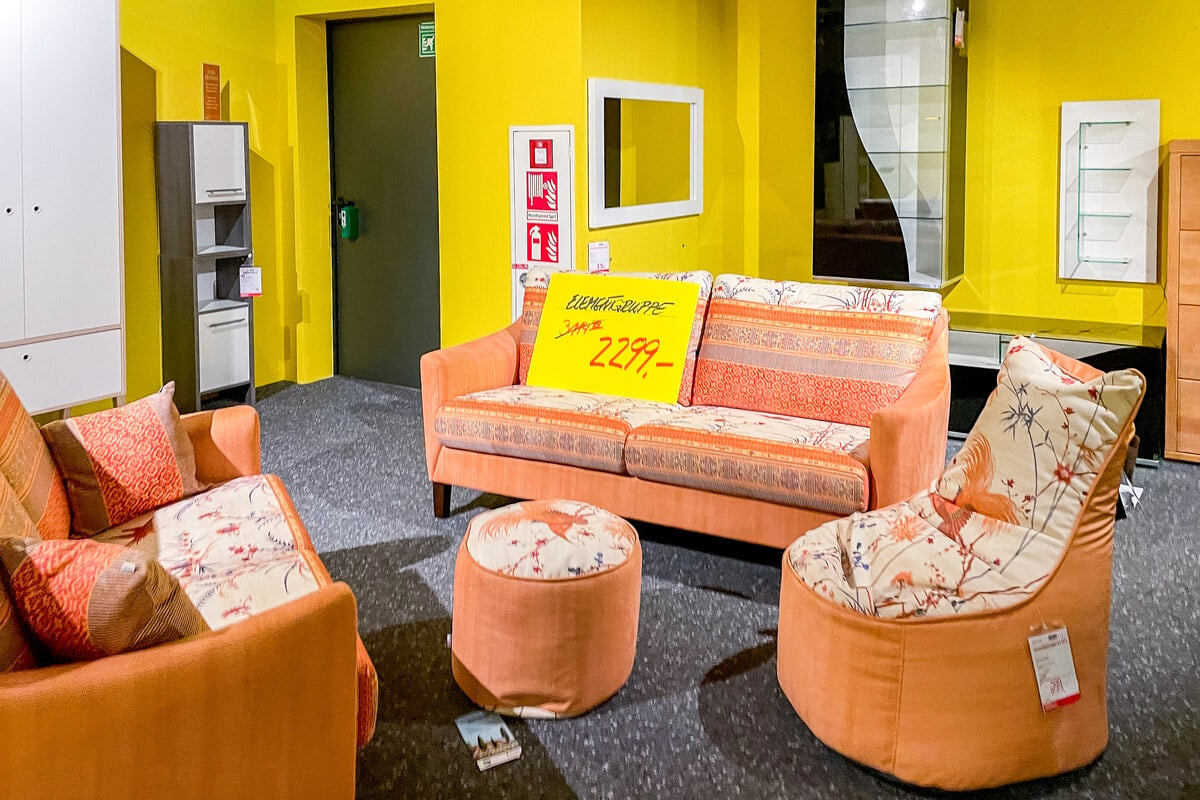NO
ANNOUNCEMENTS•
Attempts to make it rain are as old as mankind. With rain dances, asking for help from the gods or with sacrifices. In Abu Dhabi, they have a different method of forcing rain: cloud sowing or cloud change. Chemicals or salt particles are thrown into a cloud.
In the fight against drought and climate change, they have long been studying cloud modification in the UAE. Thanks to large research budgets and international cooperation, they are now leaders in the region with their ambitious program at the Center for Meteorology (NCM) in Abu Dhabi.
Correspondent Daisy Mohr visited downtown Abu Dhabi and went shooting clouds with pilot Ahmed al Jaberi.

Chasing rain in the desert: this is how cloud seeding works
The technique isn’t new, but how well it works is hard to say scientifically. “You can never do a control study,” says Herman Russchenberg, a professor of atmospheric research at TU Delft. “So who’s to say it wouldn’t have started raining without the intervention?”
Pier Siebesma, a fellow professor in Delft, also says that the effect of changing the cloud should not be overestimated. “Israel has been doing it for years but stopped because it wasn’t paying enough.”
However, Abu Dhabi experts have no doubts. “Our recent research shows that there is an increase in rainfall due to cloud modification. Under normal conditions 10 to 15 percent and under optimal conditions 23 to 25 percent,” says researcher Ahmad Kamali. And that’s a sizable increase for a desert country in the Middle East.
Due to global warming, more and more countries are interested in techniques and technologies to control the climate. In Abu Dhabi, they are not the only ones involved in cloud modification. Dozens of countries are experimenting with it, including China, Russia, India and the United States. China is going further. By 2025, that country wants to have a whole system for actively influencing the climate.
The forced rain has already led to quarrels between neighboring countries in several cases. With one accusing the other of stealing the rain. It was played between Iran and Israel, India and China are discussing it and Saudi Arabia and Oman are not happy with the Emirates.
Because if Abu Dhabi modifies the exaggerated clouds so that it starts raining, then there will be nothing left for the neighboring countries. “This is a justified point of criticism,” says Professor Russchenberg. “That rain only falls once, so if you manipulate that cloud such that the rain falls on your turf before the clouds reach your neighbors, then you’re stealing the rain.”
In Abu Dhabi they are not impressed by the criticism. There they believe you can’t steal the rain. “You don’t steal someone’s clouds, so you don’t steal rain, you can’t do it at all,” Kamali said.
Geo- of climate engineering
We may be able to make many more changes to the weather and climate in the future. So we are talking about geoengineering or climate engineering. With this you regulate the earth’s natural systems to combat global warming. ‘This goes way beyond rain,’ explains Professor Siebesma. “With this you will cool the earth on a global scale, for example by blocking or reflecting sunlight.”
But there are many disadvantages. “To begin with, you first need to do a good international research on these methods,” warns Siebesma. “We have no idea what the effect of this is on the planet. On rainfall, drought, drafts and long-term temperature. But people want to start using it, so we need to investigate what the effects are.”
Rain first
In Abu Dhabi, they focus completely first cloud sowing and are determined to continue. They have little doubt that this will ultimately have a positive effect on the region. Pilot Ahmed al Jaberi: “We don’t expect immediate results. This is an important project for the future, the next fifty or one hundred years. We could already reap the benefits, but I am thinking above all about the future of my children and their grandchildren. I hope for a greener region for the next generations.”


